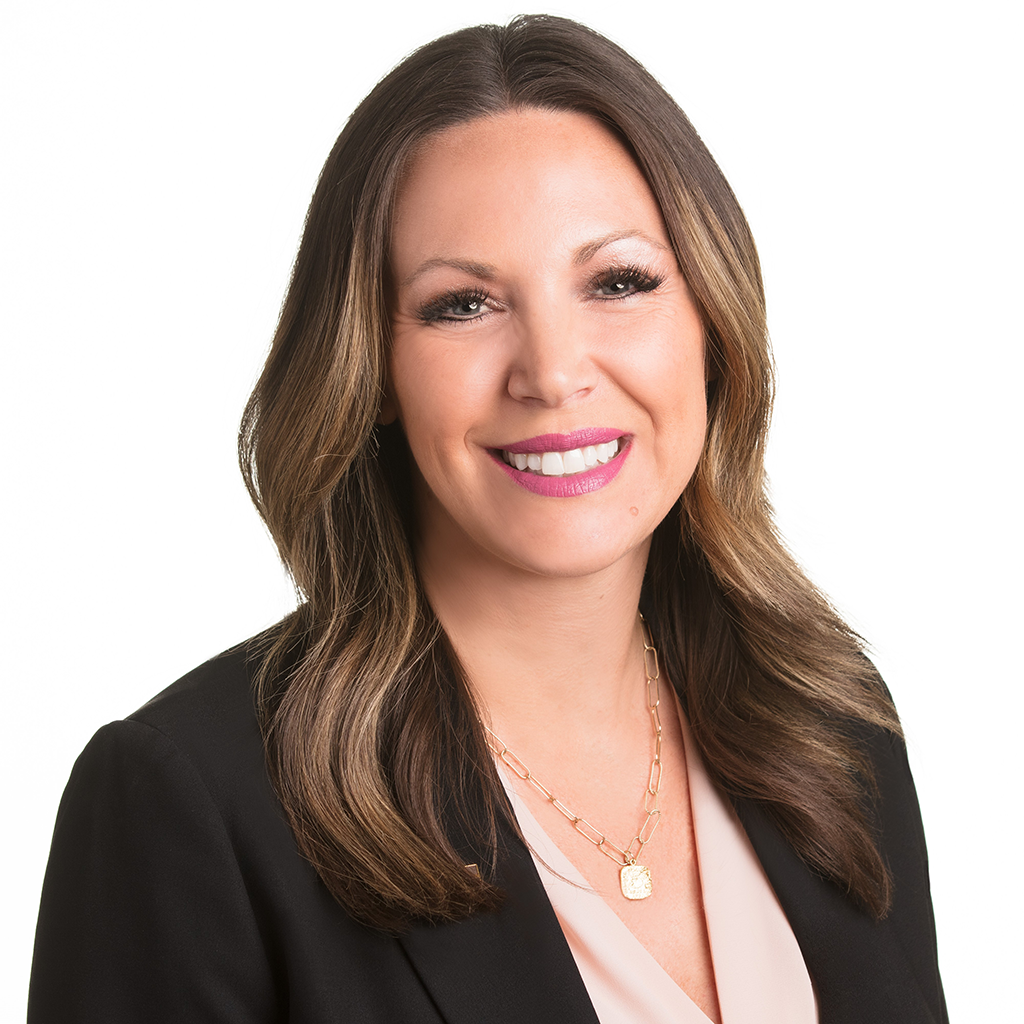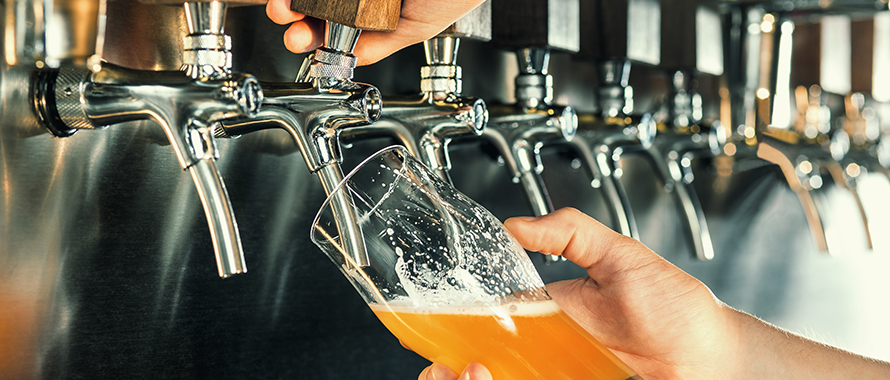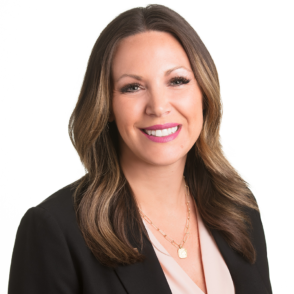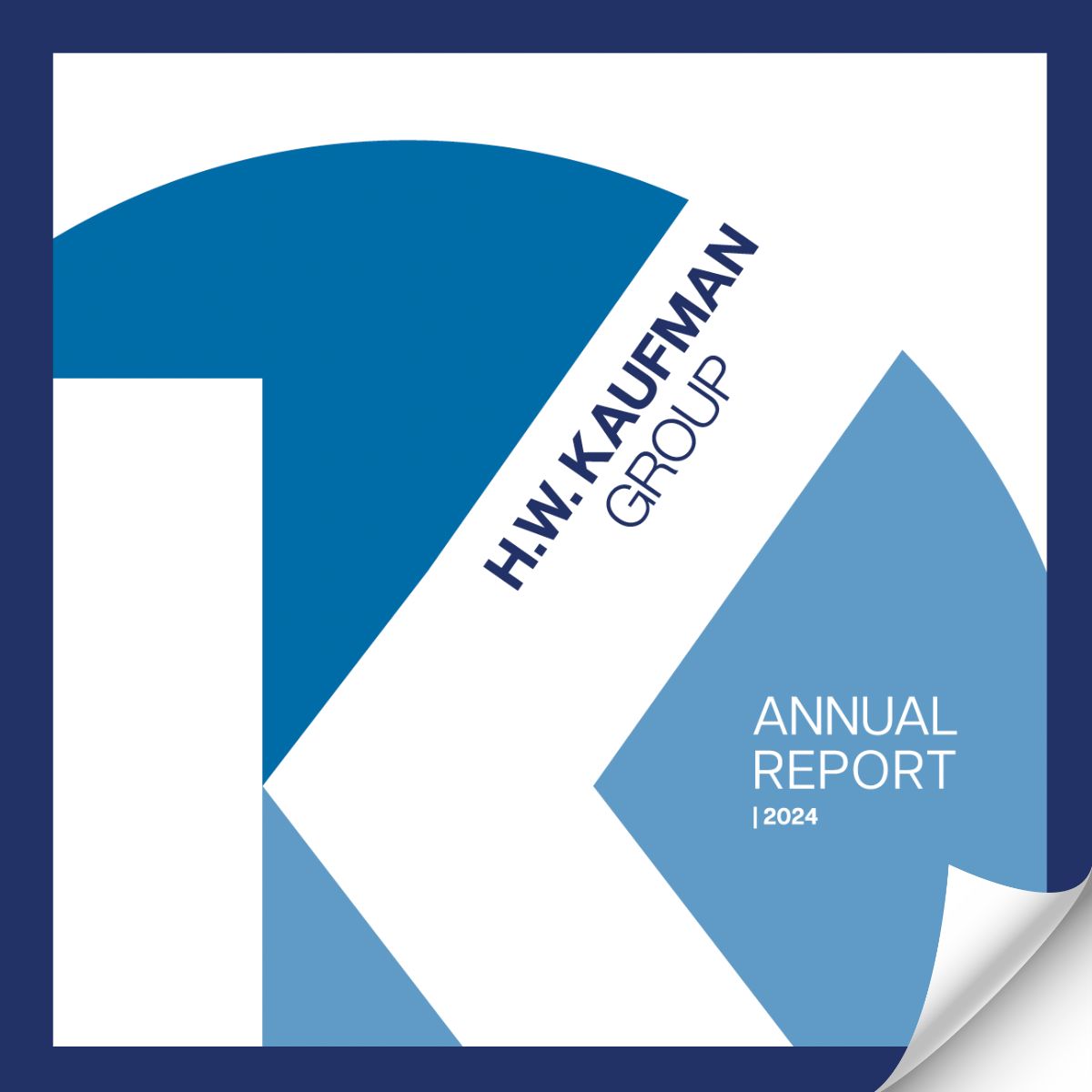Two restaurants in North Carolina are being investigated after allegedly serving alcohol to multiple underage patrons on Nov. 27, including one 18-year-old who later crashed their vehicle into a ditch and hit a tree in Currituck County. The driver, who suffered serious injuries in the crash and caused an estimated $17,000 in damage, was reportedly one of five teens who were served mixed drinks at 3 Tequilas and Plaza Azteca Mexican restaurants in Kill Devil Hills.
Both establishments and an employee from each are now facing charges, along with all five teens, and police said other penalties are also possible for the bars. The incident is part of a “sharp increase” in underage drinkers involved in auto crashes, according to officials, who were continuing to investigate the incident as of Dec. 29.
The risk of serving alcohol to underage patrons is a significant source of potential liability for restaurants, said Patricia Sheridan, Director, Ontario Commercial Insurance, Burns & Wilcox, Toronto, Ontario. Lawsuits can also arise when a customer is over-served alcohol and is later involved in a drunk driving accident.
“If an individual was injured as a result of the over-serving, the bar or restaurant could be pulled into a lawsuit,” she said. “Whether it is specific to serving someone underage or someone who is over-served, all of the bars or restaurants involved will likely be pulled in.”
This sort of litigation “happens frequently” and is why any business that sells alcohol should have Liquor Liability Insurance, said Amber Carver, Vice President, Associate Managing Director, Underwriter, Burns & Wilcox, Salt Lake City, Utah.
“I have seen liquor liability lawsuits here in Utah where the incident resulted in death and those claims have paid policy limits,” Carver said, noting that Utah requires these establishments to carry coverage of $1 million per occurrence and $3 million aggregate. “I have seen full limits paid more than once.”
Injuries, legal defense among top expenses in alcohol-related lawsuits
Liquor Liability Insurance can typically cover expenses such as legal defense and third-party personal injury and property damage. Without this coverage, the cost of a liquor-related lawsuit could be damaging to any business, Sheridan said.
“If they do not have proper coverage in place, it would be very detrimental to their business,” she noted, pointing to rising legal costs. “We are seeing more often that any business even remotely related to an incident will get pulled into a lawsuit, whether they are liable or not, whether or not they have any responsibility for it.”
In many cases, “defense is going to be the biggest expense,” Carver added. “This can add up quickly,” she said.

We are seeing more often that any business even remotely related to an incident will get pulled into a lawsuit, whether they are liable or not, whether or not they have any responsibility for it.
In addition, very large payouts are possible in both the U.S. and Canada. “It might not be to the extent that is seen in the U.S., but the payouts in Canada are getting higher, and as a result, the insurance premiums are higher,” Sheridan said.
In December, for example, a family was awarded a record-breaking verdict of more than $301 billion over a 2017 drunk driving accident reportedly caused by a man who was overserved alcohol at a bar in Corpus Christi, Texas, KIII 3 News reported. The historic settlement was “largely symbolic,” according to an ABC News report, as the bar shut down in 2019 and Texas does not have a minimum requirement for Liquor Liability Insurance.
In 2015, a Canadian woman who almost lost her leg after being hit by a drunk driver sued the driver and bar for $11 million, claiming the establishment over-served the driver, the Toronto Sun reported at the time.

Anywhere that offers liquor has a liquor liability exposure.
Liquor Liability Insurance is essential for any business that sells alcohol, from grocery stores and hotels to wedding venues, bars and special event hosts, Carver explained.
“Anywhere that offers liquor has a liquor liability exposure,” she said. “Underage serving, over-serving, serving someone who is visibly intoxicated, or serving after closing are four elements that can really impact an establishment being found negligent.”
In Canada, Liquor Liability Insurance is usually built into a Commercial General Liability (CGL) Insurance policy with the addition of a host liquor endorsement. The combined coverage helps to avoid the “gray area” of whether an incident was specifically linked to alcohol consumption, Sheridan said.
“If a business has a policy where the liquor liability is split and there is no liquor coverage, it is always best for them to discuss with their retail insurance broker and make sure they have the right coverage in place,” she said.
Fights, falls among other liquor-related risks
In August of 2021, a Texas man was awarded $5.5 million after suing a restaurant for overserving him alcohol, which resulted in a violent altercation with another customer, Newsweek reported. The lawsuit alleged that the bartender was not trained to notice when a customer had been served too much alcohol and claimed the bar was negligent for not calling an ambulance or keeping the parking lot clear of tripping hazards.
Business owners should always confirm whether assault and battery coverage is included in their Liquor Liability Insurance. “Fights can break out in bars, and while individuals are intoxicated, they may become more aggressive,” Sheridan said.

Most restaurants sell liquor as a primary money-maker and losing their liquor license for any period of time could be detrimental to their business.
An establishment could be drawn into a lawsuit over assaults that take place on premises or after the patron leaves, Carver said. “Bar fights happen very often, especially when emotions are heightened,” she said. “They want to make sure they have assault and battery coverage, because that is a huge void if they do not have it.”
When a restaurant experiences an alcohol-related incident or lawsuit, the potential damage could extend beyond jury awards. Reputational damage and the risk of losing its liquor license should also be considered, Sheridan said.
“Most restaurants sell liquor as a primary money-maker and losing their liquor license for any period of time could be detrimental to their business,” she explained. “It could also be difficult for them to get insurance in the future. Beyond that, if they are not taking care in that area of their business, what else are they not taking care of that could also cause a future claim?”
By working with an insurance broker who is experienced in the hospitality industry, bars and restaurants can ensure their risks are properly addressed. “A licensed broker will go through the policy with them to explain all the coverages and exclusions,” Sheridan said.
It is a tough marketplace for Liquor Liability Insurance at the moment, Carver said. “It is very costly because the payouts and the damages can be huge,” she said. “The marketplace in general is hardening in all classes of business, but specifically Liquor Liability Insurance is more limited over the last couple of years as many carriers have pulled out of the market entirely, increased rates dramatically, or will only write certain classes.”
Staff training, new technology can help reduce risks
Despite a more difficult market for insurance, there are ways that bars, restaurants and other businesses that sell alcohol can help mitigate their liquor-related risks. New technologies are one example, Carver said.
“There have been a lot of significant changes in the way of technology that are helping bars track who is in their establishment, such as scanning photo IDs or using cameras,” she said. “This can help them when a claim occurs, because they can pull the footage and see if this individual was even at the bar.”

Employees need to be well-versed in looking for those factors to identify someone who is underage or intoxicated.
Employee training is also critical, along with programs like Training for Intervention Procedures (TIPS) in the U.S., and the Smart Serve Responsible Alcohol Beverage Sales & Service Training Program in Canada.
“It is basically just going over the elements of how to not get into these predicaments,” Carver said. “Employees need to be well-versed in looking for those factors to identify someone who is underage or intoxicated.”
Businesses are also encouraged to maintain written procedures and protocols for handling these situations, such as gauging a patron’s intoxication level before serving them, guidelines to avoid over-serving, and having information available for taxi services in the area to make sure customers get home safely.
“All of those things should be in writing and staff should be properly trained,” Sheridan said. “All of these things are questions on our insurance applications as well, so it is a good double-check opportunity for the business to confirm that they do have all of these practices in place.”





